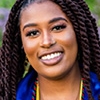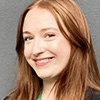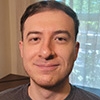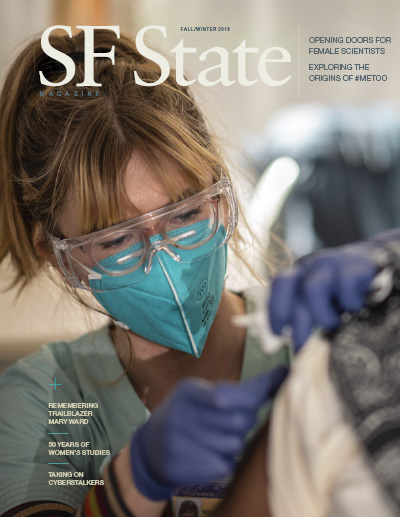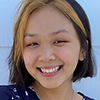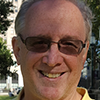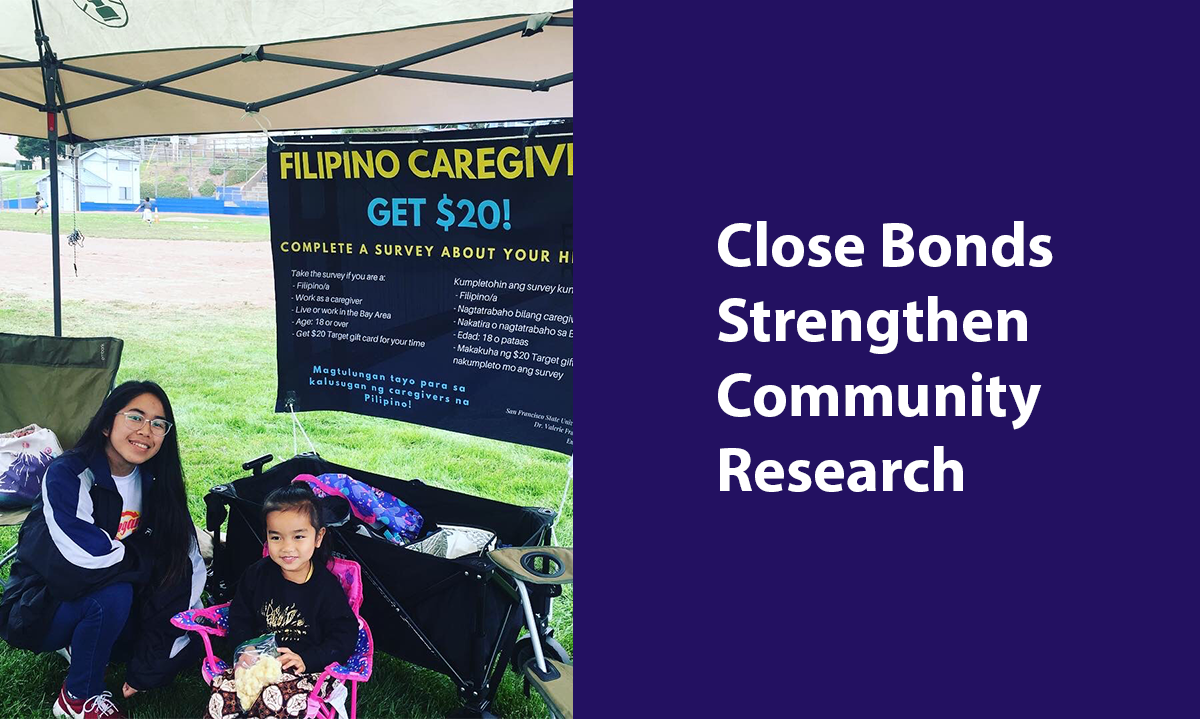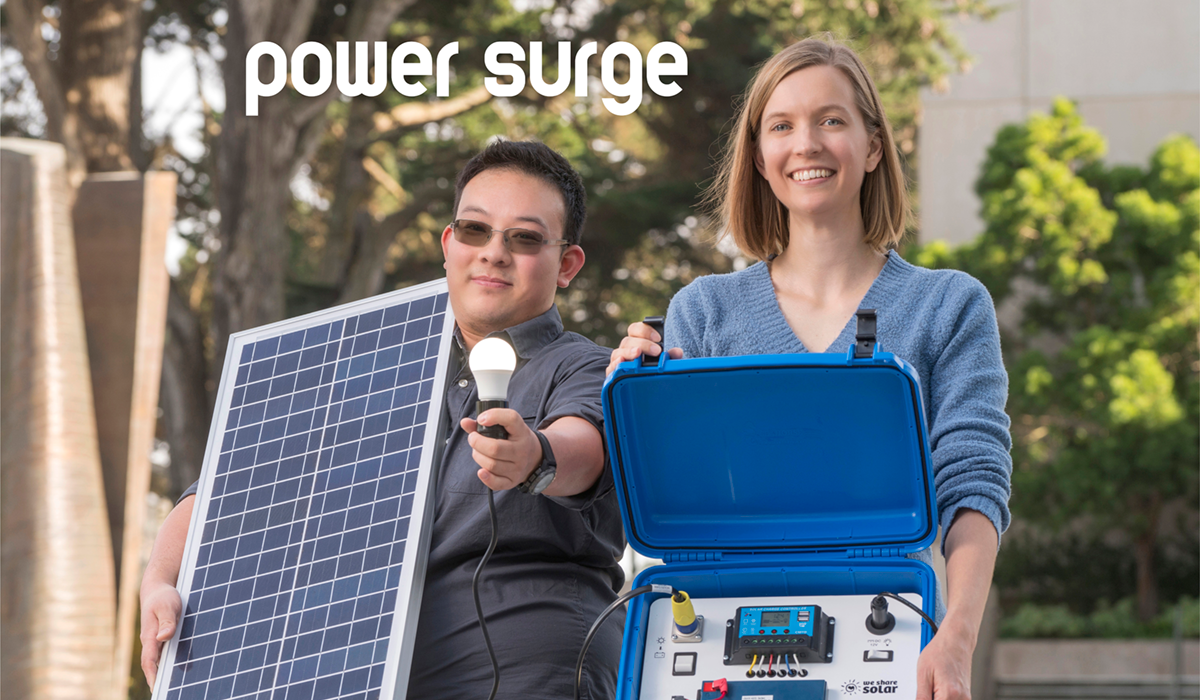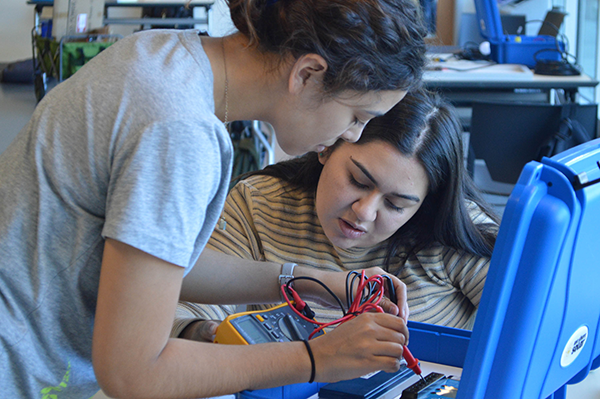New course, new direction
“It’s the kind of project that as an environmental studies professor, it’s really hard to pass up,” says Thoyre, who joined the College of Health & Social Sciences’ faculty in Fall 2016. After completing her first year, she was prepping a new Fall ’17 course when Karina Garbesi, the director of Cal State East Bay’s successful solar suitcase pilot, contacted her about including SF State in an expansion of the project. Thoyre had already organized her newly approved Energy Justice and Sustainability (ENVS 460) course around a different project, but she started rejiggering almost immediately. “Within a week I’d said, ‘I’m on board,’” she remembers.
“I wanted a course that would think about energy systems in the context of environmental justice,” says Thoyre, whose research is on energy policy and climate-change activist groups. She adjusted her curriculum to unify the suitcase initiative with her project “People’s Guide to Energy,” in which her students’ research on energy injustice sites is organized geographically on an interactive map. The connection was natural — one activity analyzes a problem and one develops a solution, she says.
Each training suitcase contains a booklet with step-by step instructions designed for middle school-level and up. There are interactive “Check for understanding” interludes to teach students about electricity while they assemble the apparatus and connect it to a solar cell that lives outside the case. The kit even comes with an LED bulb for testing the assembled power source.
The program, which partners with PG&E, added four additional CSUs this academic year. But the others are all based in physics classes. One of the benefits of the social science lens, Thoyre says, is that she can push her students to analyze renewable energy from a societal perspective — what problems does it solve, and what does it perpetuate? They explore gray areas like who has control over resources and what that means.
“Sometimes so-called ‘clean’ energy has problems,” she says. “If a project isn’t perfect, how do they make it better?”
Lighting up the classroom
In implementation mode at Pollicita, Oshins splits up his classes into small groups, posting one of Thoyre’s students at each one. By the end of two weeks, all 180 kids had built the suitcases from start to finish. Some kids even got an extra turn.
“They got really good with it. They could put this thing together in under an hour,” Oshins says.
He was especially gratified to see that hands-on building was a way for students who were not as strong at more traditional classroom activities to excel. One of his seventh-graders, Rafat, had trouble focusing and often acted out in class. “He gets yelled at a lot,” Oshins confesses. But Rafat quickly connected with his SF State mentor, Nathan Wong, and with the project itself.
“Rafat just nailed it. He worked his way through the build in no time at all, and was just so excited,” Oshins says. “I wish I could have taken a picture of his face — you could see how ecstatic he was to build something with his own hands, to really figure it out. He wanted to build it again — he was upset when the period ended.”
Thoyre’s students created a lot of moments like that, Oshins says. “In a relatively short amount of time, maybe 40 minutes, they were able to accomplish something really big for these kids.”
The project’s social dimensions go deeper than just different learning styles. We Share Solar originally designed the project to engage students from underrepresented groups — students of color, from low-income or immigrant families, and females — in science, technology, engineering and math (STEM) fields. Students who get involved in science projects with a social justice component are more likely to get interested and stay interested, Thoyre says, citing a growing body of research.
And the culturally diverse middle-schoolers, many of them from working class, low-income or immigrant homes, saw role models in the SF State students. “There’s power in having college students from the same socioeconomic background as the classroom kids share their passion and show what it’s possible to achieve,” she says.

